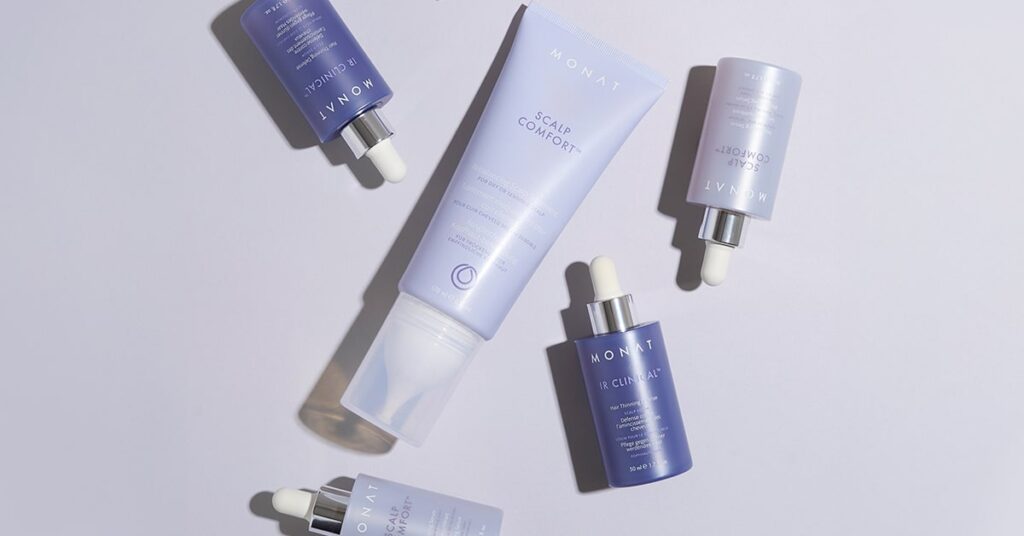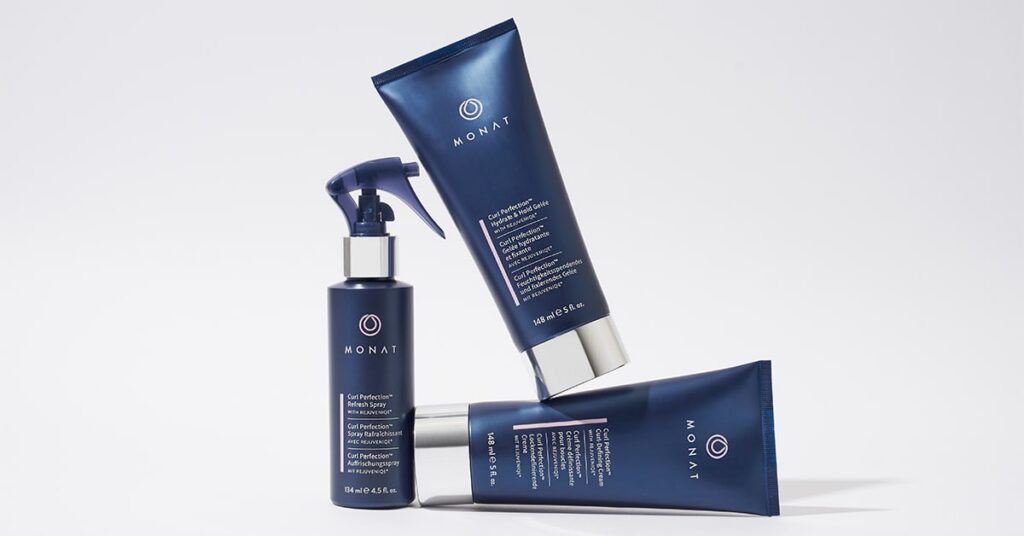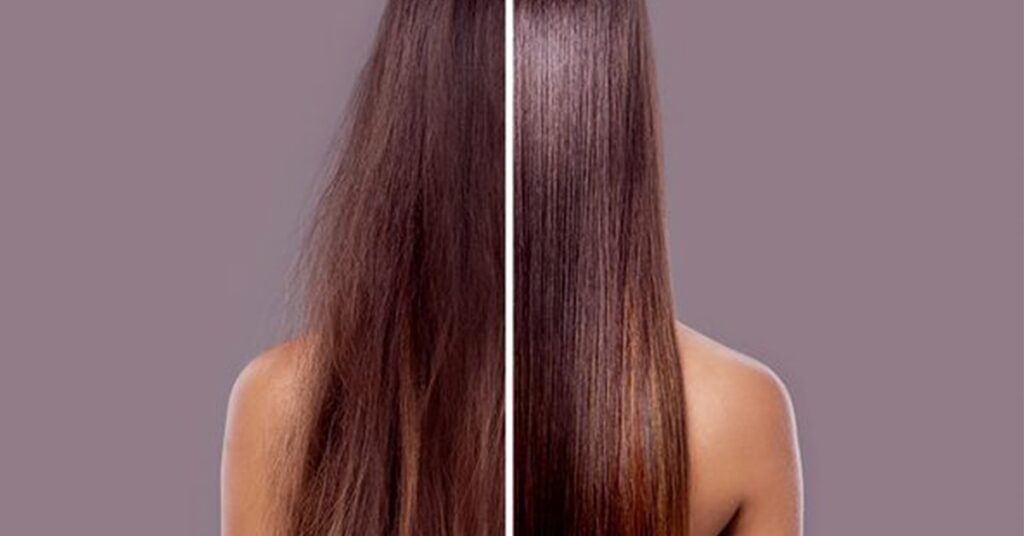
Taking care of your skin doesn’t have to be a chore. Believe it or not, one of the best things you can do for your skin is changing your lifestyle.
Exfoliating and using sunscreen every day are two examples that are easy to add to your daily skin care routine.
A 14-part routine that uses seven different serums isn’t…
Taking care of your skin doesn’t have to become your full-time job.
Making simple changes to your skin care routine can help your skin look and feel its best.
So what are some examples of skin care routines that actually work? In this article, we will provide some top tips for how to properly care for your skin (for both men and women). You will be surprised to discover that these skin care tips take less than five minutes every day!
1. Use Skin Protection in the Sun
Most of us know that wearing sunscreen is one of the best things we can do to care for skin. However, it is also something that we often forget to do and overlook. The truth is that sun exposure over time can cause:
- Aging and sun spots
- Wrinkles
- Hyperpigmentation
- Textural changes
Luckily, there’s a simple way to avoid exposing your skin to too much sun. All you need to do is apply a good quality sunscreen on a daily basis before going outdoors. (Yes, even in the winter!)
And yes, ‘good quality’ matters. Any product that you apply to your skin on the daily should have high quality, non-comedogenic ingredients. Low-quality skin products can cause breakouts and other skin blemishes, giving you a whole new set of skin problems to deal with…
What Kind of Sunscreen Should I Choose?
There are two types of sunscreens: those that use physical blockers, and those that use chemical blockers to keep UV rays at bay.
Physical blockers use minerals like zinc oxide or titanium oxide to block the sun’s rays. These are quite effective, and they are favored by consumers who want to minimize the number of chemicals they use. This might be the best choice for daily use, since it’s a chemical-free option.
Chemical blockers use a combination of ingredients, usually two or three of the following:
- Oxybenzone
- Avobenzone
- Octisalate
- Octocrylene
- Homosalate
- Octinoxate
Because chemical blockers can be combined (some sunscreens contain four or more active ingredients), they often have higher SPF than physical sunscreens. However, the average person doesn’t need higher than 30 SPF for daily use.
You can also choose hybrid sunscreens that combine chemical ingredients with zinc oxide. These usually have a super high SPF from the combination of multiple types of protection, so hybrids are best for when you’re spending a lot of time in direct sunlight (like that day trip to the beach).
2. Quit Smoking
If you smoke, then the best thing you can do for your skin is stop. Smoking has a negative effect on your skin. Here are just a few:
- It causes eye bags: Studies have shown that smokers typically sleep less than non-smokers. This could be due to periodic nicotine withdrawals that occur during the night. The result? Bags under the eyes.
- It makes you age prematurely: Smoking narrows the tiny capillaries that keep your facial skin fresh and rejuvenated. When these capillaries are too narrow, your skin becomes less oxygenated. Then, your skin has a harder time recovering from the day-to-day environmental exposure and damage.
As a result, premature textural skin changes that can make you look older than your years, including roughness on your face, and a “chicken-skin” appearance on your neck and arms. - It damages collagen levels: Collagen is what gives your skin its elasticity and prevents sagging and wrinkles. There are over 4,000 chemicals found in tobacco smoke. These chemicals work together to sabotage your skin’s collagen fibers, giving you premature wrinkles such as crow’s feet (and smoker’s lines, as expected).
- It causes hyperpigmentation: Smoking also causes hyperpigmentation, which is caused by your body producing more melanocytes (pigmented skin cells) than it normally should. The result can be flat, brown “age spots” on vulnerable areas such as your arms, neck, and face; or a blotchy, red pigmentation on the face.
Can You Undo Skin Damage Caused by Smoking?
The good news is that some of these changes are reversible, and the changes produced by smoking are definitely progressive. That means that by quitting smoking now and committing to a better skin care regimen, you can potentially help restore your radiant, youthful skin.
3. Choose Gentle Products and Routines
Your skin may be the largest organ in the body, but it’s also one of the most delicate! Treat your skin right by choosing products and routines that are gentle without sacrificing efficacy.
At the same time, avoiding harsh ingredients such as sulfates and parabens can help prevent ongoing irritation that can prematurely age your skin and make it harder to heal skin damage.
What Skin Care Ingredients Should You Avoid?
Some ingredients to avoid include:
- Polyethylene
- Sodium lauryl sulfate
- BHA
- Oxybenzone
- Triclosan
- Parabens
- Artificial or unnamed fragrances
What Are Some Gentle Skin Care Ingredients?
Instead, look for gentle ingredients such as:
- Hyaluronic acid
- Ceramides
- Glycerin
- Antioxidants
- Fatty acids
Remember that your skin care routine itself can also damage your skin. Therefore, take the time to stop and evaluate your skin care routine to make sure you aren’t being too harsh.
Here are some tips on how to do that:
- Give Your Skin a Break! Constant chemical exfoliation can cause redness, irritation, dehydration, and even scarring if you over-irritate your skin. Exfoliating your skin once per day is more than enough. In fact, many people exfoliate two or three times weekly instead.Ultimately, your exfoliation routine should depend on your skin type and sensitivity levels, but avoid over-exfoliating at all costs.
- Minimize physical exfoliation. What’s the problem with physical exfoliation? Well, physical exfoliation causes micro cuts on the surface of your skin. These micro cuts are essentially tiny wounds that are constantly healing and re-opening every time you exfoliate.Common methods of physical exfoliation can be too harsh, such as scrubs with apricot pits, and rough loofahs. Instead, choose a gentle exfoliator (such as a microfiber cloth) and keep it on an as-needed basis.
- Use cool water. Hot water is damaging and drying to the skin, and it can strip away your natural oil barrier. The result? More bacteria penetrates your skin, which means more acne.On the other hand, cool water causes your skin to tighten up and retract temporarily, giving you a brighter look to start the day—without causing any damage.
4: Exfoliate on a Schedule
We now know that there is such thing as exfoliating too often. On the other hand, you also want to make sure that you are exfoliating enough. The problem with exfoliating sporadically is that your skin never gets used to exfoliating, so every time you do it, it causes discomfort, irritation, and dries your skin out.
The key is to get your skin used to a regular exfoliation schedule that doesn’t over- or under-do it, and stick to it.
How Often Should You Exfoliate?
For best results, begin exfoliating two or three times a week (depending on your skin’s sensitivity), and gradually ramp it up. If you see noticeable irritation after increasing the frequency of your routine, then that’s your skin’s way of telling you to dial it back.
This process might require a little trial and error, but you will learn your skin’s sweet spot for exfoliation.

5. Use Skin Supplements
Nutrition plays a huge role in your skin’s health! It would be ideal to get all of your skin’s much-needed nutrients through a natural diet, but real life sometimes gets in the way of eating right all the time.
Instead, it might be practical to choose a high-quality skin supplement and take it every day along with your multivitamin.
What’s even more convenient is that your skin and your hair need many of the same nutrients, so most skin supplements work double duty for hair health and vice versa. Who knew that taking vitamins could get you looking good all around?
What is a Good Skin Supplement?
Some nutrients to be on the look out for in any supplement include:
- Vitamin A (also known as beta-carotene)
- Biotin
- Zinc
- Riboflavin
- Niacinamide
How to Take Care of Your Skin—The Right Way
Your skin is a fickle organ, but luckily, it’s easy to take care of it the right way when you take the time to choose the right products and make healthy routine choices every day.
Even if you’re starting with damaged or dehydrated skin, these simple changes can bring vibrancy back to your look.
All it takes is making the decision to commit to better skin care!
TAGS
KEEP READING
April 11, 2025
Curls, Defined: Your Guide to MONAT Curl Perfection™
April 22, 2024



